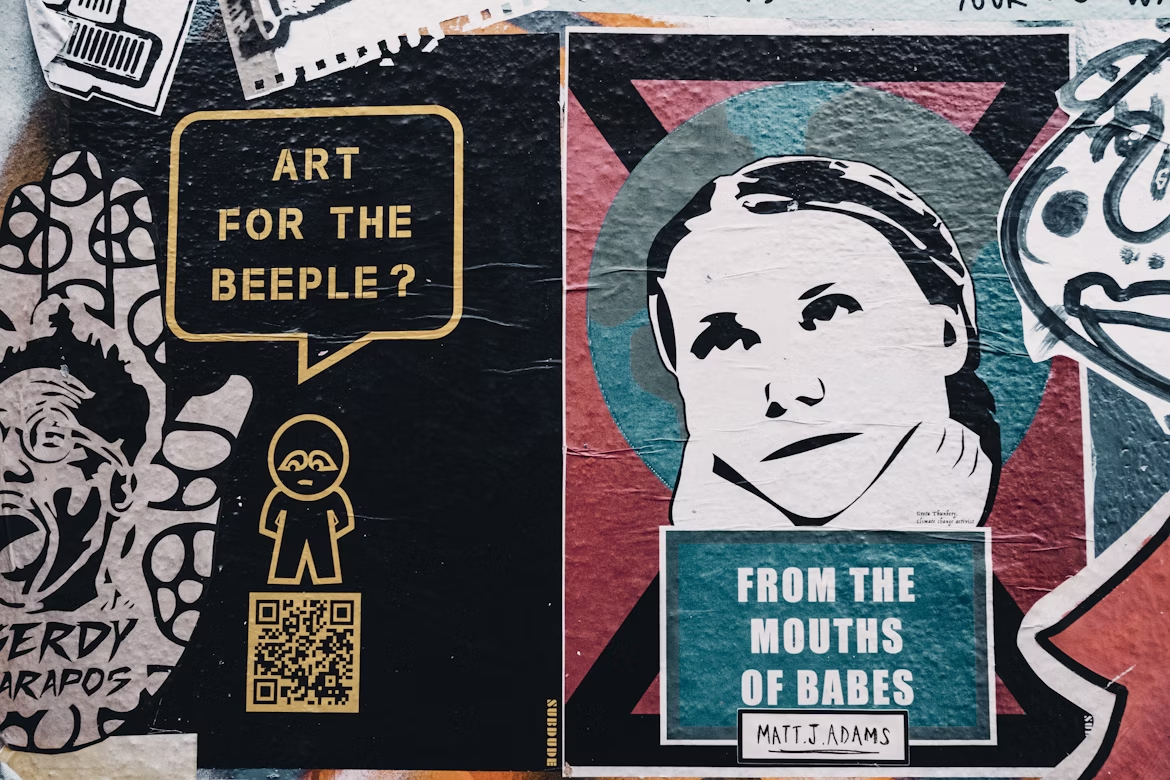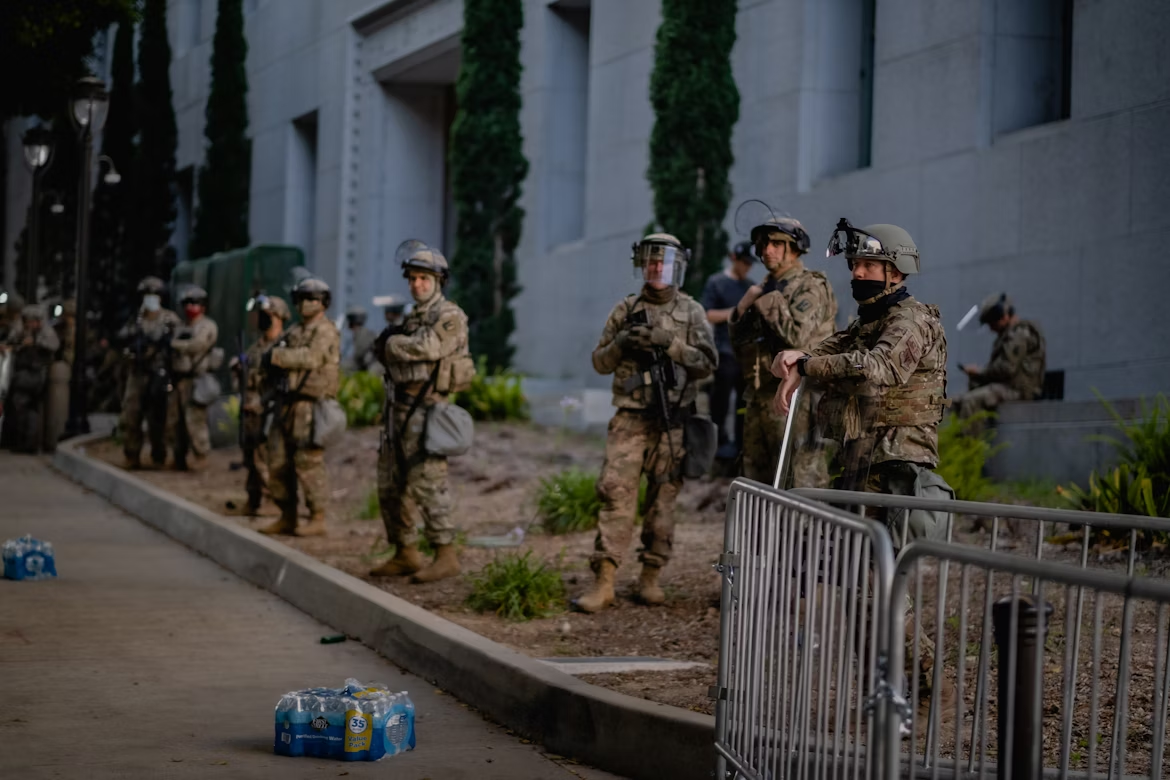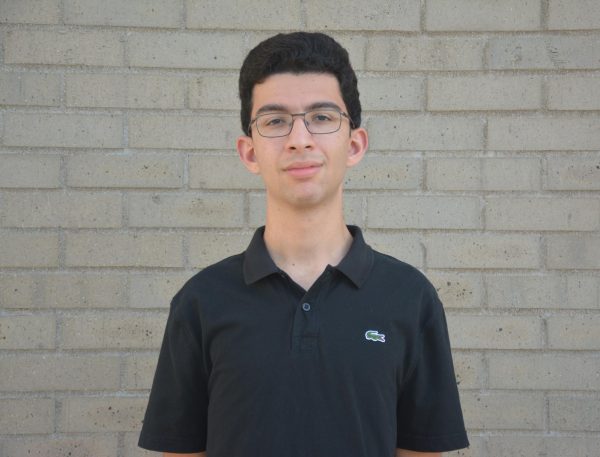Swedish activist Greta Thunberg was deported from Israel on Oct. 6 following her detention in the country. Thunberg’s detention came after Israel’s interception of aid ships in international waters.
Thunberg was sailing with the Global Sumud Flotilla, a civilian-led convoy of ships attempting to break the Israeli blockade of Gaza and deliver humanitarian aid. Many of the flotilla’s ships were intercepted, resulting in the detention of the activists aboard, including Thunberg’s on Oct. 1.
The Israeli Foreign Ministry released a post stating that the activists were “safe and healthy” following the interception.
However, in a press conference upon her return, Thunberg said she was “kidnapped and tortured” by the Israeli military, alleging abuse and poor living conditions during her detention as well as a lack of food and water.
The Israeli government has since denied these claims, stating that the activists had access to food, water and legal counsel.
The GSF’s stated mission of delivering humanitarian aid was in response to Israel’s blockade of the Gaza Strip, a measure that has been in place since 2007. The Israeli government maintains that the blockade is necessary to protect Israel from militant groups located in Gaza such as Hamas.
Thunberg rose to prominence in 2018 with her climate activism, for which she is best known. Since then, her focus has expanded to include broader humanitarian issues, as seen in her support for Palestine.
International criticism of Israel’s foreign policy actions, such as the blockade, has increased in recent years, especially after the start of the Gaza war, which began after a Hamas terrorist attack on Oct. 7, 2023 killed over 1,200 civilians and took hundreds of hostages. In response, Israel launched an offensive that has since destroyed large parts of Gaza and resulted in nearly 70,000 deaths, as reported by the United Nations.
Thunberg’s activism regarding Palestine reflects this larger trend of international scrutiny. Her participation in the flotilla and eventual detention come amidst a climate of controversy regarding the discourse around the regional conflict.
“The parties invested in this issue will have very different interpretations of the events,” says Liam Makkar (11), a member of Model United Nations, where students learn about real-world issues by acting as UN member states.
“For example, based on some past perspectives in this war, Thunberg could be accused of antisemitism by pro-Israeli blocs, while pro-Palestinian blocs may use Thunberg’s claims as evidence of immoral acts by Israel. Many nations could align with these perspectives, or have different interpretations, depending on specific national interests.”
The international reaction to Thunberg’s detention and subsequent release reflect the complex geopolitical factors surrounding the conflict, as well as the political division prevalent in the world today.




